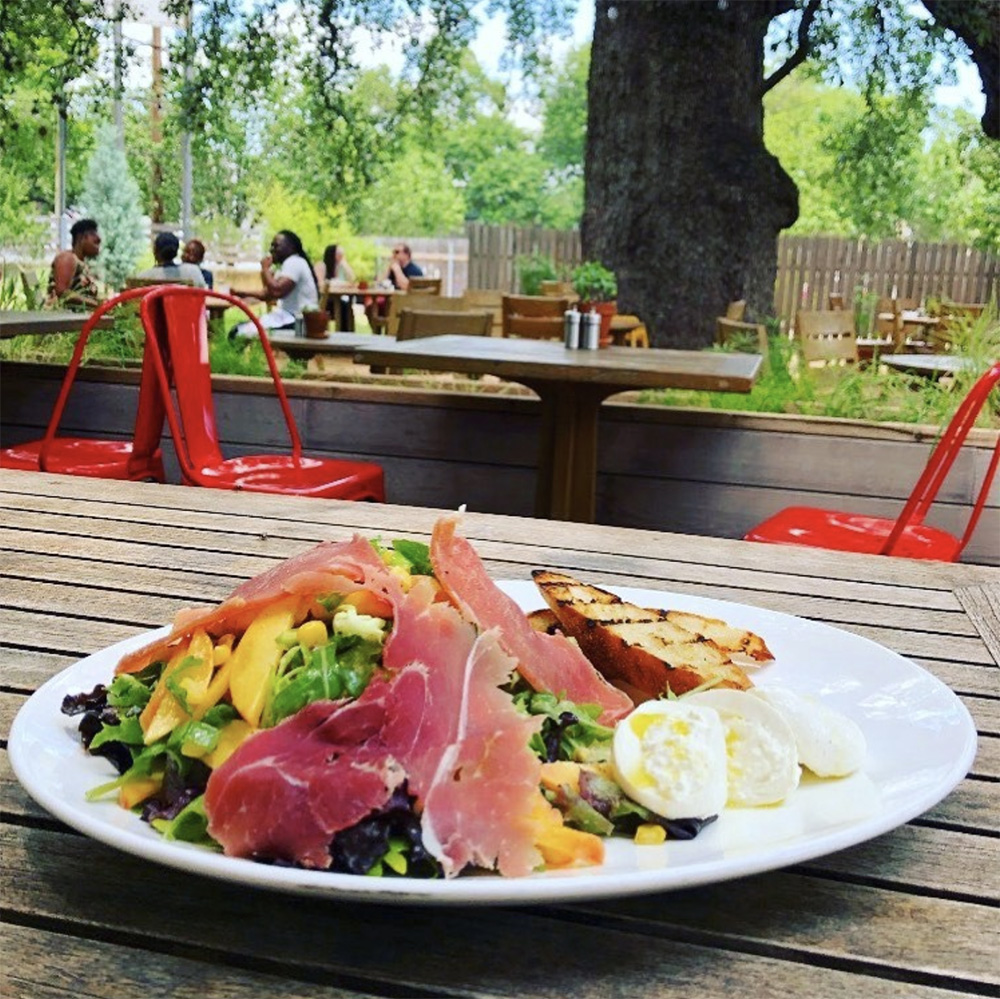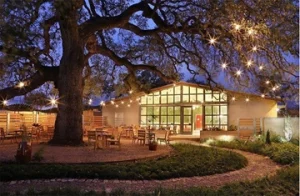Your favorite restaurant is closed. Anything open is a ghost kitchen with a skeleton crew serving takeout comfort. An industry that supports millions of Americans and flourishes on the freedom of assembly and the pursuit of happiness is shut down and may not come back. For the time being, we are all eating alone.
For American restaurants, it was an overnight collapse, which, like overnight success, was long in the making.
You didn’t notice we were hurting, because our Instagram posts were so perky. We spent hours cultivating the perfect tone and styling self-consciously messy pictures. We posted our beautiful food and our best ideas. We’ve been trying to act like we think it’s all awesome. In other words, we lied.
Even before the coronavirus outbreak, independent restaurants were under pressure from an emerging cluster of threats: the enervating, margin-sapping pull of takeout platforms run by technology companies, political indifference, and rising fixed costs.
Restaurants have thin profit margins — 10 percent if you’re lucky, often less. Delivery apps promise increased sales but push us into the red on every order sent our way, sometimes charging 30 percent or more per meal. Many of us now depend on these predatory platforms to access customers. Tiny taco shops write monthly checks greater than their rent payment to Grubhub, a publicly-traded company worth billions.
As the squeeze tightened, restaurants have had no friends in Washington. Most of what Republicans lobby for benefits big business. Most restaurants are not that. Democrats think we exploit workers, an idea rapidly becoming obsolete. Workers aren’t exploited, they are disappearing, almost everywhere but in restaurants.
Before the cataclysm, restaurant payrolls reached all-time highs even as sales flattened and fixed costs rose. The fact that we pay more as a percentage of revenues to middle-class Americans than almost any other industry is rarely noted.
By driving up the minimum wage without regulating tech companies who operate at “hyper-scale” (read: with hardly any people), government policy essentially subsidized the replacement of people with machines. Cash-poor restaurants had been pushed to send more of their profit margin to venture capital-bloated technology platforms.
Then there was rent. Landlords, seeing that for a moment after the last recession restaurants were thriving where retail was floundering, increased our rents so much that any buffer of cash to weather a downturn is gone.
The folly of this was laid bare in a single, brutal week when restaurant after restaurant in America laid off their workforce not because they wanted to, but because they had no money to pay them.
Anyone who runs a restaurant in America knows something about scrappy resilience. We have pivoted and run with change before. We buy metal straws and organic kale. We pay our workers a living wage. We give “influencers” free food so they say nice things about us. We worry about ratings from 10 different portals even as they reduced us to a number of stars, like a child in elementary school.
But many restaurants will not bounce back from prolonged closure. We run on momentum; the longer we close, the more money and energy it will take to reopen.
We never asked you to spare a thought. We squeezed the sesame bun on your bison burger so the gooey local cheddar and housemade red wine ketchup oozed down the front. We snapped pictures that look sexy, even dangerous. We would crop, filter, hashtag, post.
But the end of restaurants may mean the end of community as we’ve lived it — the kind that exists on porches and backyards, city blocks with cafe patios sprawling into the sidewalks. The end of restaurants also means the end of a certain freedom — the ability to walk out your front door, turn a cartwheel, and get a macchiato.
And if the blue screens of takeout encourage increasingly insular preference bubbles, restaurants foment rebellion. The American Revolution started in the taverns and public houses of a restless young country. The Constitution protected what was born in bars and eateries — the power of public assembly.
We were already hurting. We wanted something better. If we come back, let’s come back better.
Let’s not return to jam a meal — the product of a thousand acres and a hundred hours — into an expensive compostable box, even though you don’t compost, and hand it to a stranger who doesn’t work for us so it can be delivered to your door.
We know that in a few minutes the hand-cut garlic fries will be limp and the homemade bun soggy from the steam. It won’t taste nearly as good as it should, and we will never see the look on your face when you take a bite. But, oh, what a pretty picture.
Erin Wade owns six restaurants and two farms in New Mexico and Texas. Find her at erinkimberlywade.com



